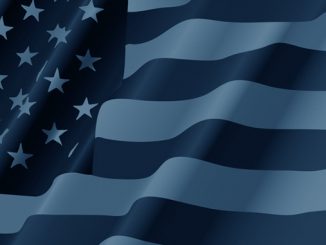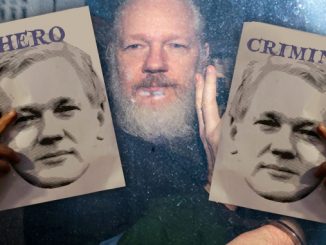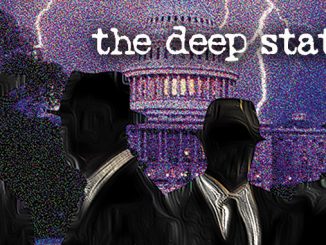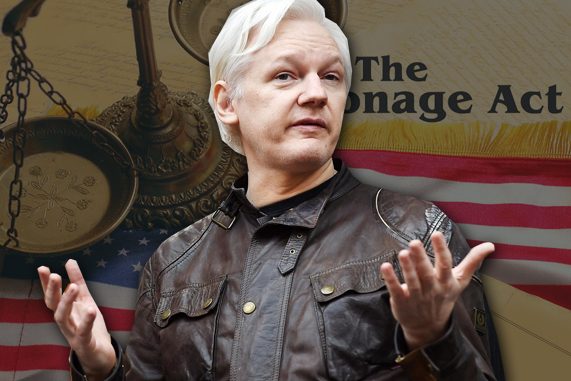
Pentagon Papers whistleblower Daniel Ellsberg says WikiLeaks founder Julian Assange can’t be tried under the 1917 Espionage Act because he’s a journalist. Should Ecuador oust Assange from its embassy where he’s lived since 2012, he faces extradition by the UK to the U.S. to face charges of leaking classified information. In early October, Ecuador issued a new set of rules for Assange. “Almost seven months after Ecuador threatened to remove his protection and summarily cut off his access to the outside world, including by refusing to allow journalists and human rights organisations to see him, and installing three signal jammers in the embassy to prevent his phone calls and Internet access,” WikiLeaks stated, Assange has filed a lawsuit against Ecuador for the violation of his “fundamental rights.”
By S.T. Patrick
Pentagon Papers whistleblower Daniel Ellsberg recently told news and commentary website “Consortium News” that WikiLeaks founder Julian Assange cannot be tried under the Espionage Act of 1917 because Assange is a journalist. Ellsberg still contends that he, himself, was unfairly indicted under the act in 1973 after he leaked a critical Pentagon study of top-level Vietnam War decision-making to The New York Times and other newspapers.
The charges were dismissed against Ellsberg five months after they were levied in 1973. He has since become an outspoken advocate for whistleblowers and the practice of whistleblowing and has supported Assange as well as Edward Snowden and Chelsea (Bradley) Manning.
As the pressure and restrictions on Assange heat up in his seventh year within the Ecuadorian embassy in London, changes have been made at WikiLeaks. Assange has appointed Kristinn Hrafnsson as the new editor-in-chief of WikiLeaks, though he will remain as publisher. This was announced in a tweet by WikiLeaks after “six months of effective incommunicado detention.” Ecuador’s new President Lenin Moreno has been critical of Assange, but he has stated that Ecuador will maintain Assange’s status “as long as we assume his life may be in danger.”
In an interview organized by “Unity4J.com,” Ellsberg told “Consortium News” editor-in-chief Joe Lauria that the motivations of U.S. leaders have little to do with their repeated justification of “national security.”
“The purpose is not to protect national security but to protect the asses of the people who wrote the directives,” Ellsberg said. He then went on to repeat his long-standing argument that the “classified” label is overused at the expense of the public’s right to know.
Ellsberg then emphasized that the Espionage Act should not be applied to those who are engaging in non-spying activities in an effort to inform the public via publishing or journalism.
“Julian is not a whistleblower per se but a facilitator of whistleblowing,” Ellsberg argued, “the point being that, as a journalist, he cannot fairly be tried under the Espionage Act. . . . It is essential that Julian Assange not be indicted, be convicted, or be extradited to the United States.”
Ellsberg has long been cited as one of the sharpest thorns in the side of the Nixon administration. The administration’s response to Ellsberg was to form a group called the “White House Plumbers,” created by aides Egil Krogh and David Young under John Ehrlichman. The Plumbers would later unsuccessfully carry out the second Watergate break-in. Ellsberg could have made a comfortable life for himself as a Democratic Party politician or activist, but he did not. He has remained loyal to the anti-war movement and to the cause of whistleblowing, regardless of political party.
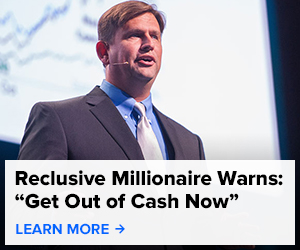 In 2013, Ellsberg became one of the most outspoken critics of the Barack Obama administration’s prosecution of leakers. The administration had prosecuted Manning in 2010 for leaking a large cache of classified documents to Assange and WikiLeaks.
In 2013, Ellsberg became one of the most outspoken critics of the Barack Obama administration’s prosecution of leakers. The administration had prosecuted Manning in 2010 for leaking a large cache of classified documents to Assange and WikiLeaks.
“I’m sure that President Obama would have sought a life sentence in my case,” Ellsberg told The Washington Post in 2013. “First of all, there’s no question that President Obama is conducting an unprecedented campaign against unauthorized disclosure. The government had used the Espionage Act against leaks only three times before his administration. He’s used it six times. He’s doing his best to assure that sources in the government will have reason to fear heavy prison sentences for informing the American public in ways he doesn’t want.”
There is a fear on the part of pro-whistleblower activists that extradition to the United States will almost certainly result in prosecution of Assange by a tough-talking Trump administration. However, there may be a motive beyond national security now, and it may be one that potentially saves Assange. The Trump administration has a vested interest in Assange revealing that his 2016 Democratic Party email leaks came from the murdered Seth Rich, a DNC tech staffer. A Democratic Party that wants that information kept private may also work to block Assange’s extradition, but under different public pretenses.
For Assange’s future, the Rich information may just be the trump card, so to speak, that he needs to guarantee that he can continue the legacy of Ellsberg.
S.T. Patrick holds degrees in both journalism and social studies education. He spent 10 years as an educator and now hosts the “Midnight Writer News Show.” His email is [email protected].


